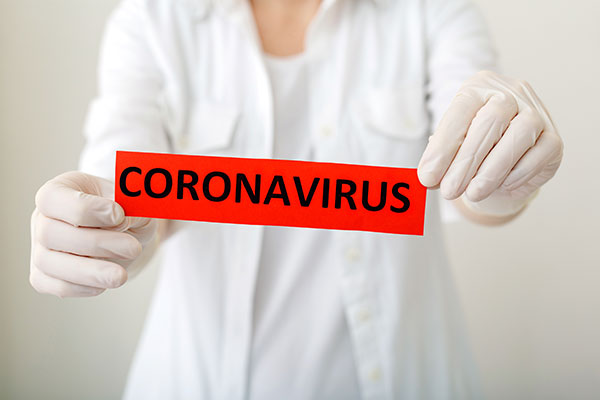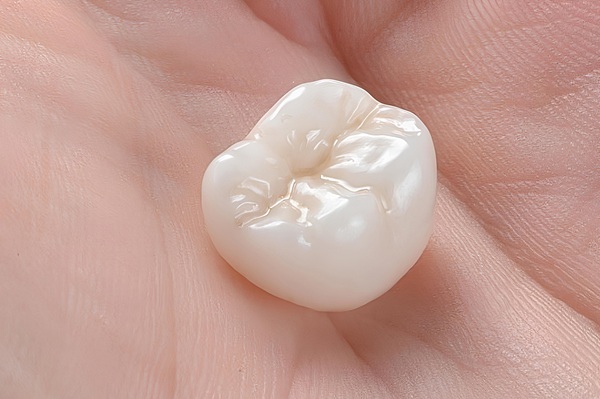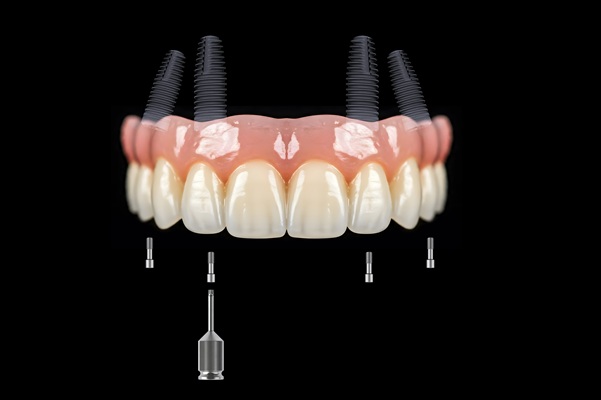National Dental Practice Information Update in Response to the Coronavirus (COVID-19) Disease

Coronavirus Disease (COVID-19) cases continue to rise. Everyone in the health care community is working hard to protect patients. Dentists continue to work with people and care for their emergency needs. Therefore, our practice is doing everything possible in staying up-to-date with the American Dental Association and state guidelines. As the ADA adjusts its guidelines to face this pandemic, we will continue making the necessary changes to keep our staff and patients safe.
Where to get the information
As dentists, we are regularly visiting the ADA website at ada.org. This is a good resource for staff members to get more information. The site identifies Coronavirus Disease (COVID-19) symptoms with employees and patients. It also tells dentists what protection to wear, how to sanitize the office and when to treat and not treat patients. Here, dentists and staff members can take part in helpful webinars. These clarify questions and provide further guidance on key issues.
Handwashing
This is an important step during normal circumstances for dentists and hygienists. Washing hands properly is even more critical with the rapid spread of Coronavirus Disease (COVID-19). The ADA urges dental professionals to wash with water and antimicrobial soap often. This should occur before and after treating each patient. Dentists should do the same before handling dental tools and surgical instruments. Handwashing is necessary before and after handling any soiled objects as well.
Preparing the office for patient visits
To follow ADA guidelines, we are maintaining a healthy office environment. This will help to prevent the spread of Coronavirus Disease (COVID-19). No one who is sick should report to work. Anyone, our staff included, with a fever, dry cough or breathing difficulties should call their health care provider immediately. As medical professionals, we will continue to educate patients in the office about coughing and sneezing etiquette. Tissues should be available for staff and patients.
Where possible, employees should work remotely or stagger schedules. Dental practices should have as few people in the office as possible. Be aware of the distance between co-workers and between employees and patients. Dentists should focus on properly sanitizing all surfaces in the office.
Educating patients about visiting during the Coronavirus Disease (COVID-19) pandemic
Dental offices should only be open for emergency appointments during the COVID-19 outbreak. Office staff members should contact patients and cancel nonessential visits. Routine checkups, X-rays, and cosmetic procedures can take place later. The dentist should cancel appointments for the removal of minor, non-painful cavities.
The dentist should continue to see patients with emergency needs. These include repairing a broken or lost tooth as well as relieving severe tooth or jaw pain. Patients who experience severe bleeding should call and make an appointment. Dentists should still treat gum and tooth infections.
Know the guidelines
The Coronavirus Disease (COVID-19) situation continues to change. To help, the ADA will update its policies. As dentists, we must continue our education to meet the new standards of care. If you are one of our loyal patients, please be flexible and understand the importance of staying home. Dentists and patients work together to slow the spread of this virus. Dentists will continue to handle the most urgent needs.
Request an appointment here: https://www.tucsonazdentistry.com or call Advanced Family Dentistry at (520) 353-3002 for an appointment in our Tucson office.
Check out what others are saying about our services on Yelp: Read our Yelp reviews.
Recent Posts
Same day crown technology has made it possible for patients to get a crown over a tooth on the same day as their dental appointment. Crowns, commonly known as "caps," can treat a broad range of dental problems. They are used to treat decayed parts of teeth, replace a missing tooth as part of a…
An All-on-4® treatment can replace multiple teeth. This extensive procedure is for people who are going to have several teeth extracted. It is also for those who have lost many teeth already. Knowing all that you can about the teeth-replacement options available to you is important. If you want to know if an All-on-4 can…
A bone graft is a surgical procedure for correcting issues with bones or joints. It involves transplanting bone tissue to a deficient area and is beneficial for bones that are damaged or lost due to trauma or tooth loss. Advances in dental technique and technology have made the procedure easier and effective for stimulating jawbone…
Denture repair involves restoring broken dentures to like-new condition. Before the restoration, general dentists examine the dentures to check for various damage. Next, the dentist provides the lab technician with detailed instructions to ensure appropriate repairs occur. Following the exam, a patient's dentures undergo repair at a dental laboratory.Patients should never ignore their dentures if…


